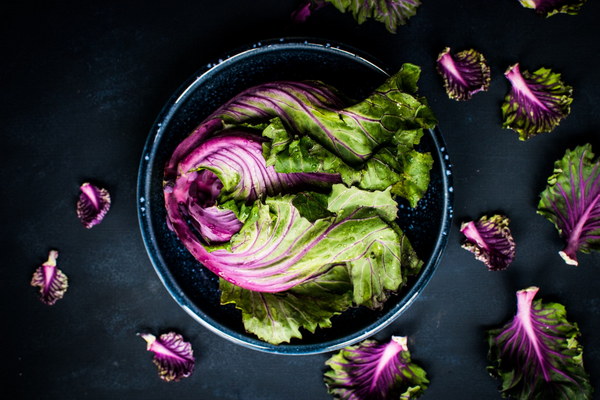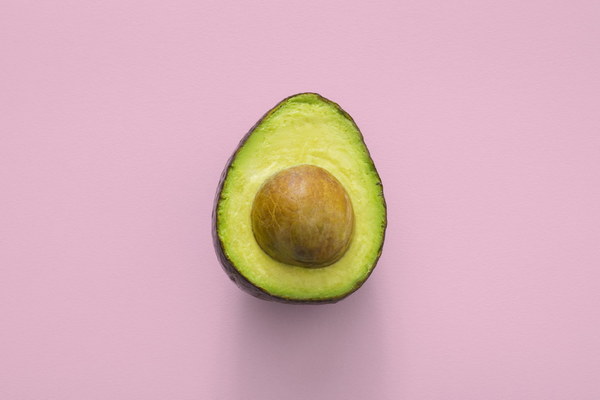Does Gastric Medication Really Nourish the Stomach
Introduction:
Gastric medication is widely used for treating various stomach-related issues such as acidity, indigestion, and ulcers. However, many people wonder if these medications can actually nourish the stomach. In this article, we will explore the role of gastric medication in nourishing the stomach and discuss the importance of a balanced diet and lifestyle in maintaining stomach health.
Does Gastric Medication Nourish the Stomach?

Gastric medication primarily works by reducing the production of stomach acid, alleviating symptoms, and treating underlying conditions. While these medications can provide relief, they do not necessarily nourish the stomach itself. Instead, they focus on managing the symptoms and treating the root cause of the problem.
1. Acid-suppressing medications:
Acid-suppressing medications like proton pump inhibitors (PPIs) and histamine H2 receptor antagonists (H2 blockers) help reduce stomach acid production. While this can provide relief from symptoms, it may also disrupt the stomach's natural pH balance, affecting its ability to break down food and absorb nutrients. Therefore, these medications may not directly nourish the stomach but can help maintain a healthy stomach environment.
2. Antacids:
Antacids are commonly used to neutralize excess stomach acid and provide quick relief from symptoms like heartburn and indigestion. While they can provide temporary relief, they do not nourish the stomach. Instead, they focus on neutralizing the acid and providing immediate symptom relief.
3. Probiotics:
Some gastric medications, like probiotics, are designed to promote a healthy gut flora. Probiotics contain beneficial bacteria that can help improve digestion, reduce inflammation, and strengthen the immune system. While probiotics can contribute to overall gut health, they may not directly nourish the stomach but can support its proper functioning.
The Importance of a Balanced Diet and Lifestyle:
While gastric medication can help manage symptoms and treat underlying conditions, it is essential to maintain a balanced diet and healthy lifestyle to nourish the stomach and promote overall well-being.
1. Balanced Diet:
A diet rich in fruits, vegetables, lean proteins, and whole grains can help maintain a healthy stomach. These foods provide essential nutrients, fiber, and antioxidants that support stomach health. Avoiding spicy, greasy, and acidic foods can help reduce stomach acid production and alleviate symptoms.
2. Hydration:
Staying hydrated is crucial for maintaining stomach health. Adequate water intake helps keep the digestive system functioning properly and prevents constipation and bloating.
3. Regular Meals:
Eating small, frequent meals can help prevent overeating and reduce the risk of acid reflux. It also allows for better digestion and absorption of nutrients.
4. Stress Management:
Stress can exacerbate stomach-related issues. Engaging in stress-reducing activities such as meditation, yoga, or exercise can help improve overall well-being and stomach health.
Conclusion:
While gastric medication can provide relief from symptoms and treat underlying conditions, it does not necessarily nourish the stomach. To maintain stomach health, it is crucial to adopt a balanced diet, stay hydrated, and manage stress. By focusing on these factors, individuals can support their stomach's natural functions and reduce the need for medication in the long run.









